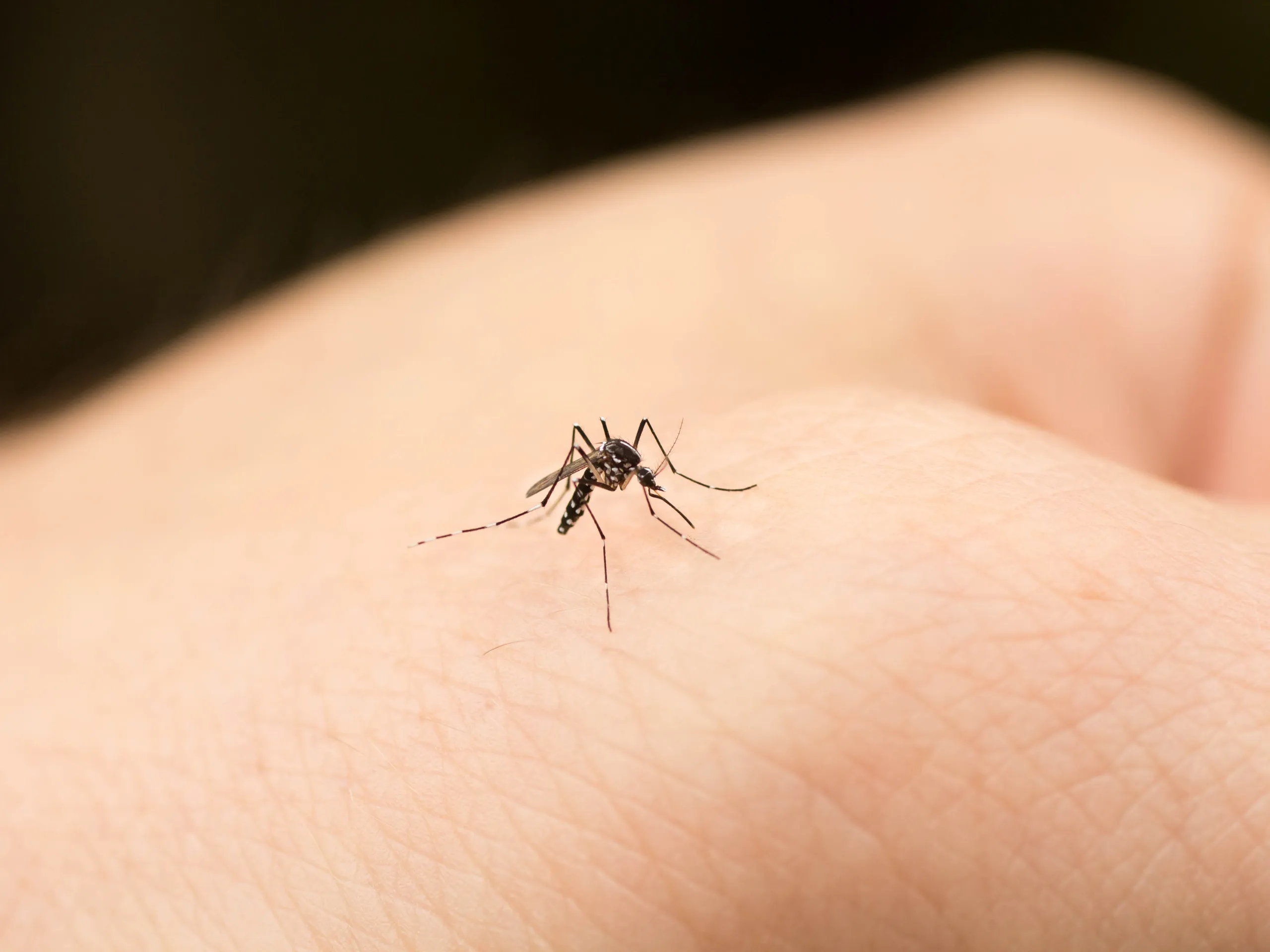19 Jun, 2023 | Health BM | No Comments
Dengue Defense: Essential Steps to Prevent Dengue After a Mosquito Bite

Dengue fever is a viral illness transmitted by infected mosquitoes. It can cause severe flu-like symptoms and, in some cases, lead to life-threatening complications. Taking preventive measures after a mosquito bite is essential to minimize the risk of contracting dengue fever and ensuring your well-being. This article highlights the essential steps you can take to prevent dengue after a mosquito bite.
- Mosquito Control
One of the key measures to prevent dengue after a mosquito bite is to control the mosquito population. Eliminate breeding sites by emptying or covering any containers that can hold stagnant water, such as flower pots, buckets, and discarded tires. Regularly clean water storage containers and ensure that water drains properly from areas around your home. Additionally, using mosquito nets and applying insecticides can help reduce the number of mosquitoes in and around your living spaces.
- Protective Clothing
Wearing protective clothing is an effective way to minimize exposed skin and reduce the chances of mosquito bites. When spending time outdoors, especially in areas known for dengue transmission, wear long-sleeved shirts, long pants, and socks. Light-colored clothing may also help deter mosquitoes, as they are attracted to dark colors.
- Mosquito Repellents
Applying mosquito repellents can provide an added layer of protection against dengue-carrying mosquitoes. Choose repellents that contain ingredients such as DEET (N,N-Diethyl-meta-toluamide), picaridin, or oil of lemon eucalyptus. Apply the repellent to exposed skin and clothing, following the instructions on the product label. Reapply as needed, especially after sweating or prolonged outdoor activities.
- Window and Door Screens
Ensuring that your windows and doors have properly fitted screens can help keep mosquitoes from entering your living spaces. Repair or replace any damaged screens to create a physical barrier against mosquitoes. Consider installing fine-mesh screens that are specifically designed to keep out mosquitoes.
- Time Avoidance
Mosquitoes that transmit dengue are most active during the early morning and late afternoon. Avoiding outdoor activities during these peak mosquito hours can significantly reduce your risk of being bitten. If you need to be outside, take extra precautions by wearing protective clothing and applying mosquito repellents.
- Use Bed Nets
Using bed nets is particularly important in areas where dengue is prevalent. Sleep under a bed net that is properly tucked in to create a protective barrier against mosquitoes while you rest. Choose bed nets that are treated with insecticides for added effectiveness. Ensure that there are no holes or gaps in the netting that could allow mosquitoes to enter.
- Eliminate Mosquito Contact
After a mosquito bite, it is essential to avoid scratching the affected area. Scratching can break the skin and increase the risk of infection. Instead, use a mild antiseptic to clean the bite site and apply a soothing lotion or cream to alleviate itching. Avoid applying any creams or lotions that may attract mosquitoes or worsen the irritation.
- Stay Hydrated
Maintaining good hydration levels is important for supporting your immune system’s ability to fight off potential dengue infection. Drink plenty of water throughout the day to stay well-hydrated. Hydration is particularly crucial if you are experiencing dengue symptoms or have been diagnosed with the disease.
- Seek Medical Attention
If you experience symptoms such as high fever, severe headache, joint and muscle pain, rash, or bleeding after a mosquito bite, seek immediate medical attention. Early diagnosis and appropriate medical care are crucial for managing dengue fever. Follow your healthcare provider’s instructions and adhere to any prescribed treatments.
- Raise Awareness
Promoting dengue prevention and awareness within your community is vital in reducing the spread of the disease. Educate others about the importance of mosquito control, protective clothing, and the use of repellents. Encourage your community to take collective action to eliminate breeding sites and implement preventive measures to reduce the risk of dengue.
Conclusion
Preventing dengue after a mosquito bite requires a multi-faceted approach that includes mosquito control, protective clothing, repellents, and proactive measures to reduce exposure. By following these essential steps, you can significantly decrease the risk of contracting dengue fever and protect your health and well-being. Stay vigilant, take preventive actions, and seek medical attention if necessary to stay safe from dengue.